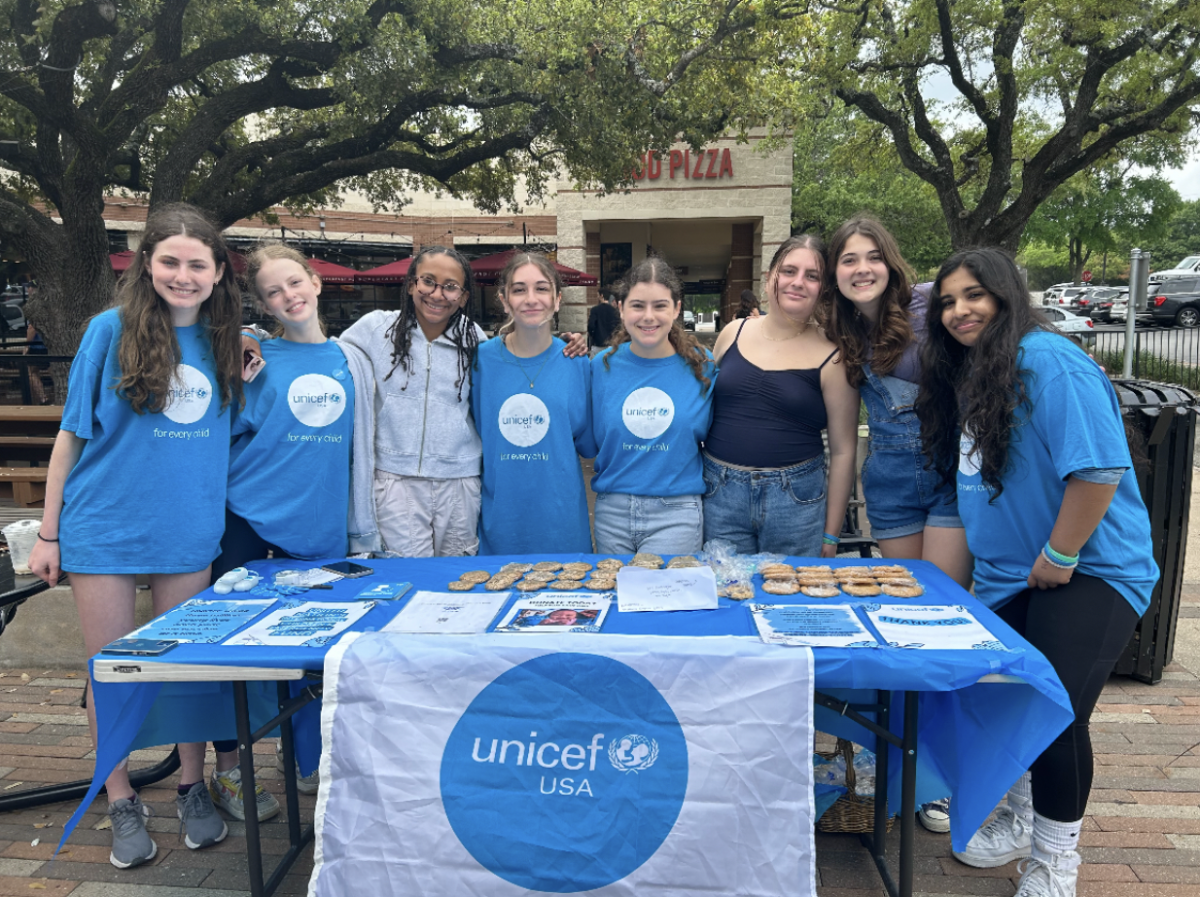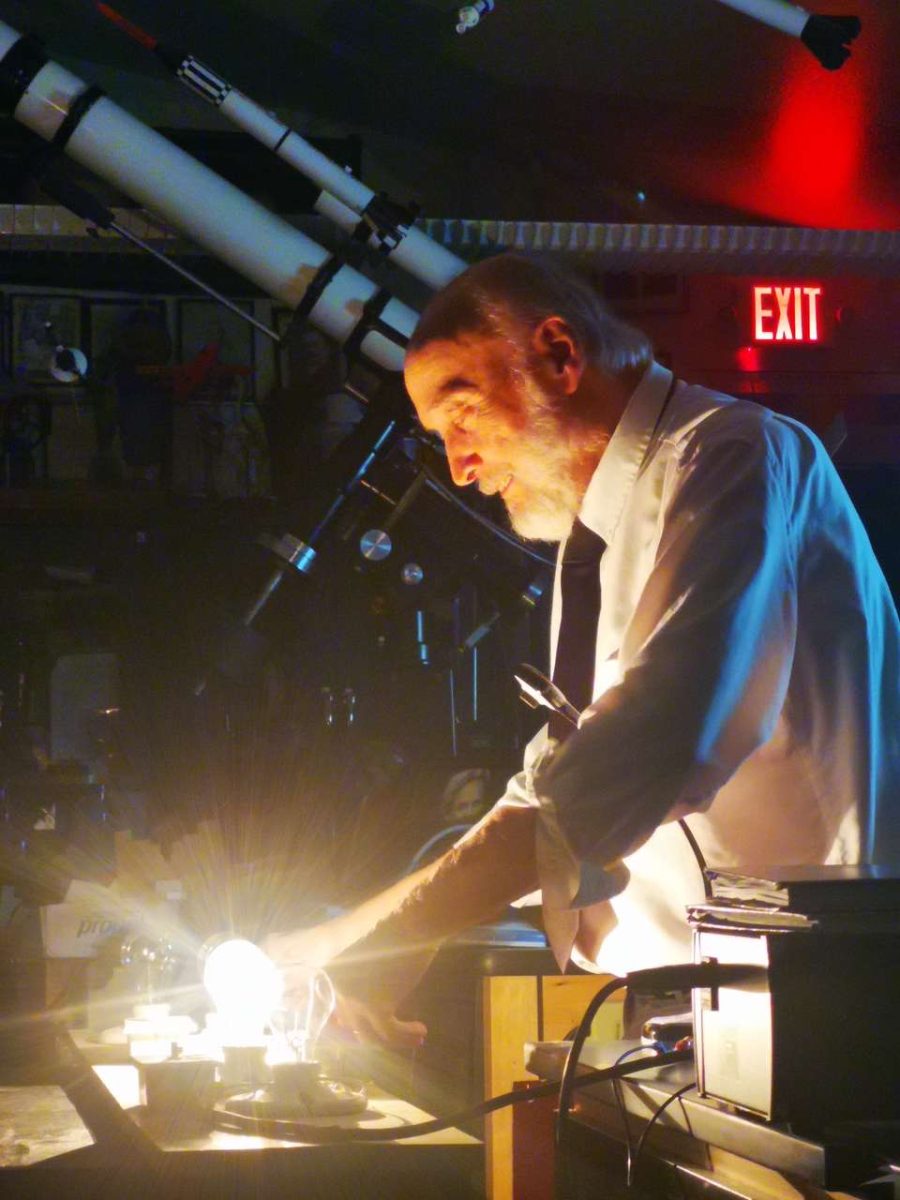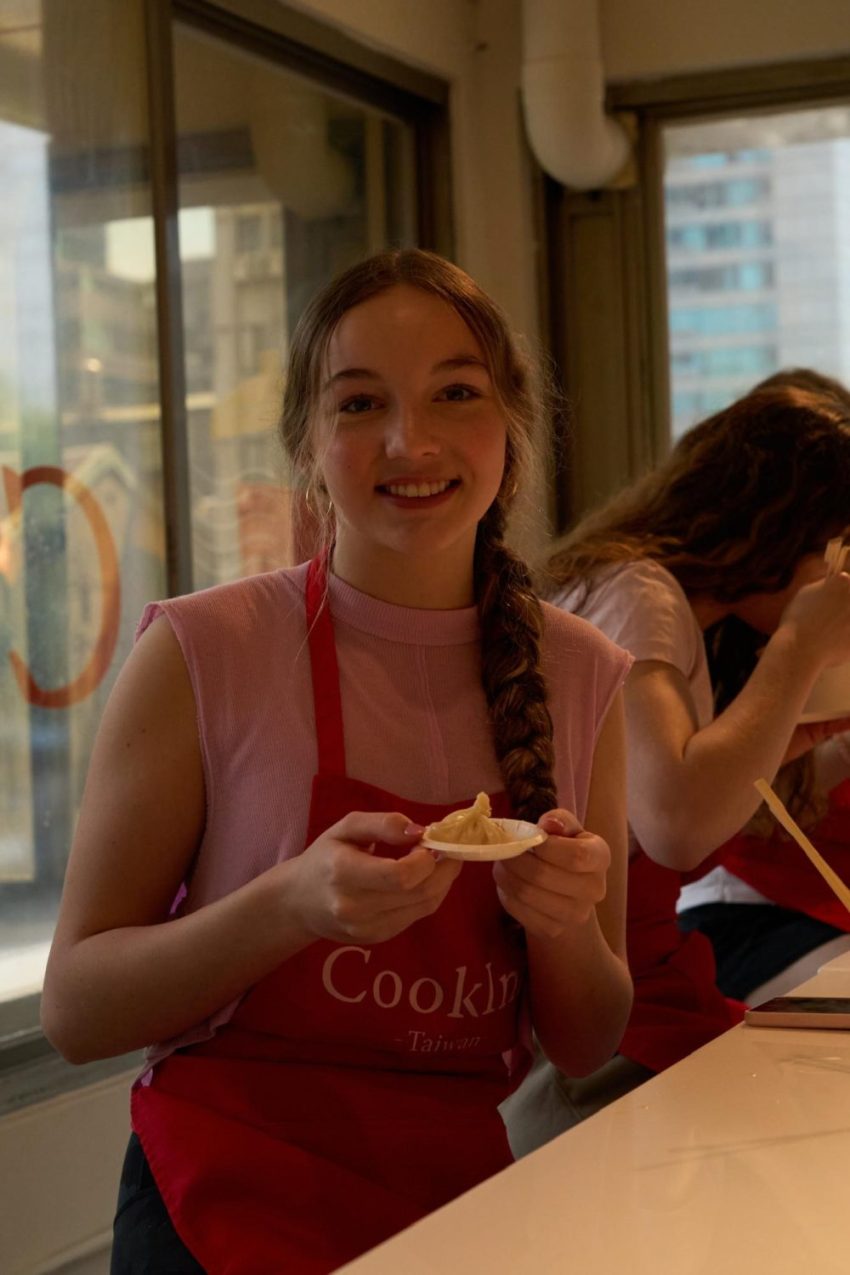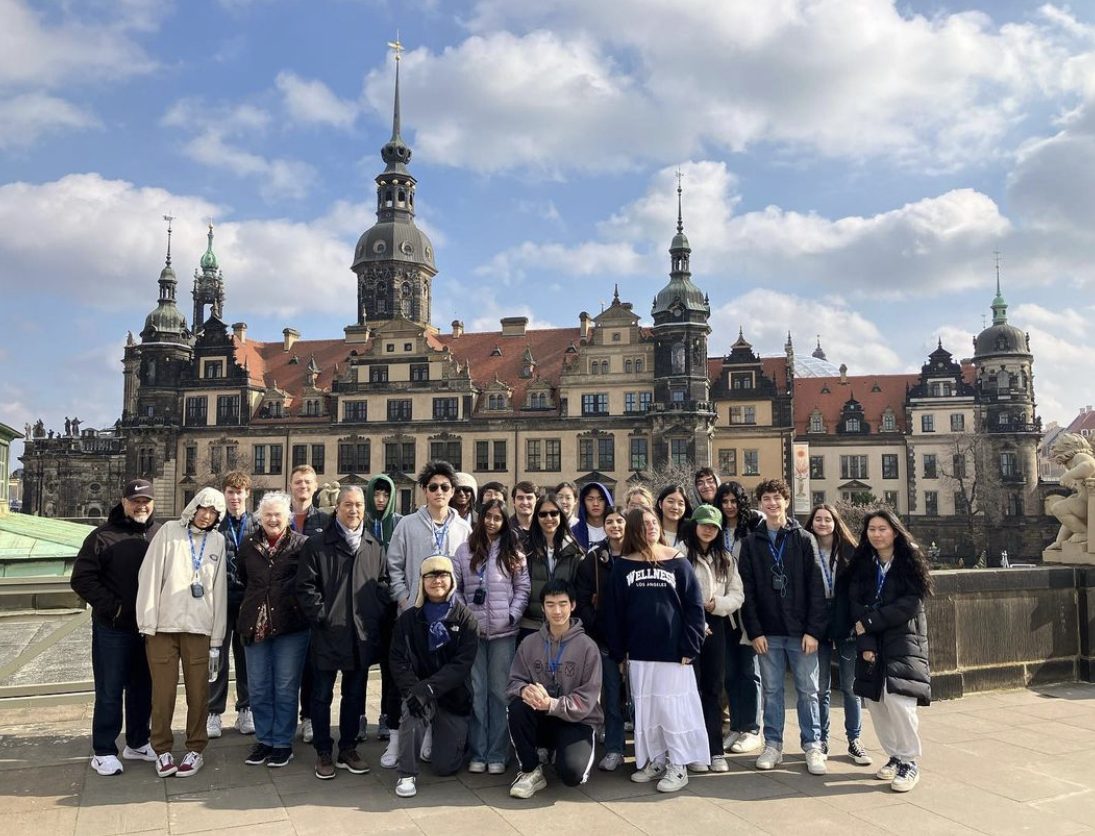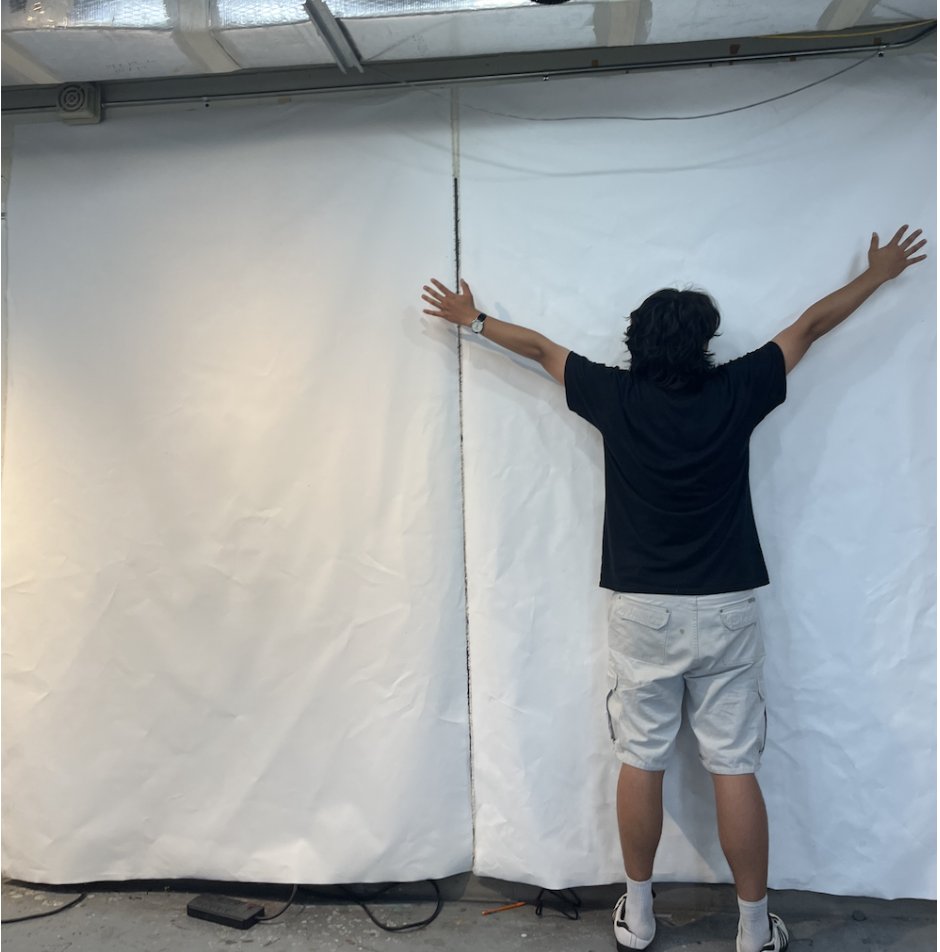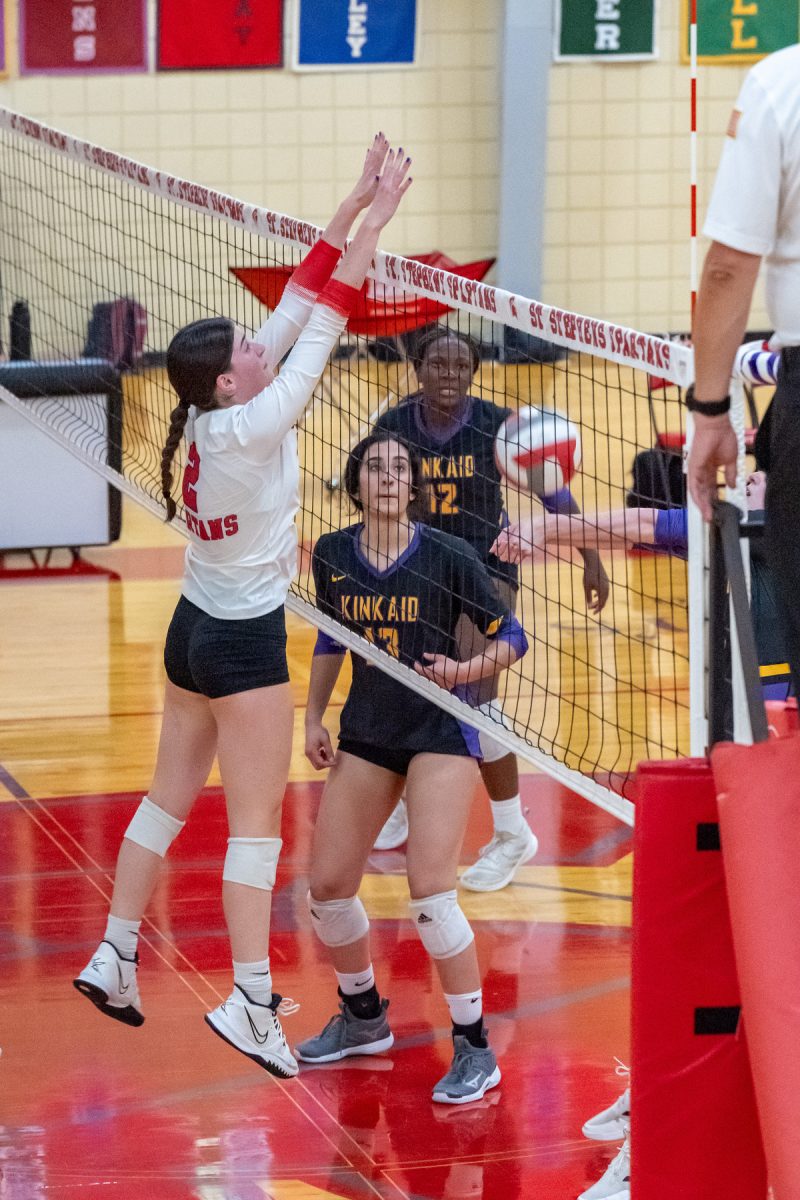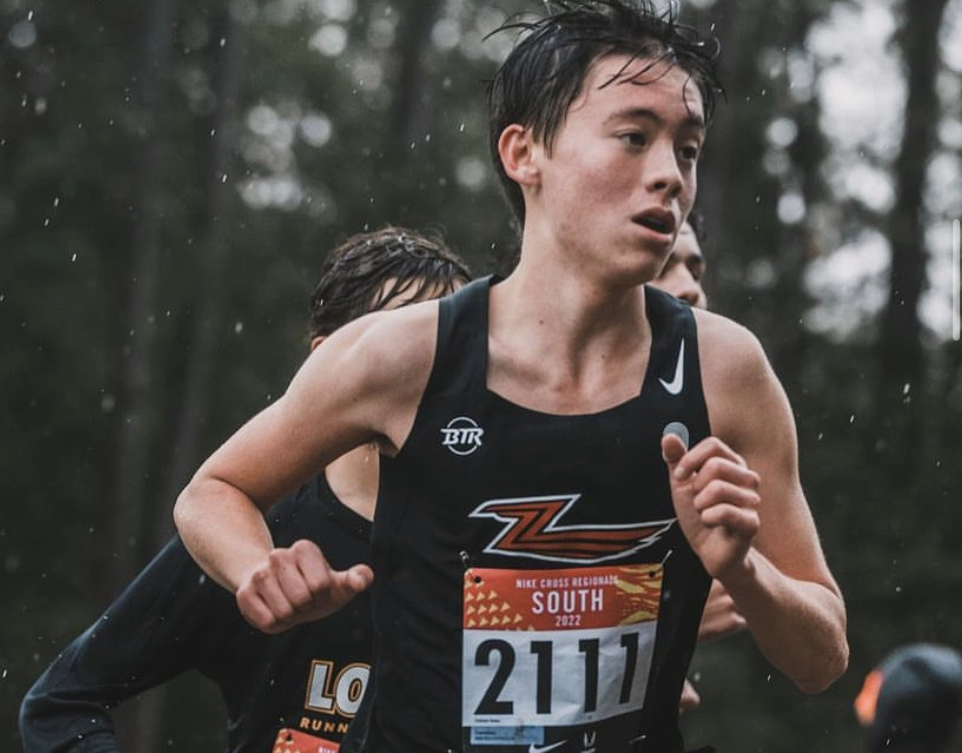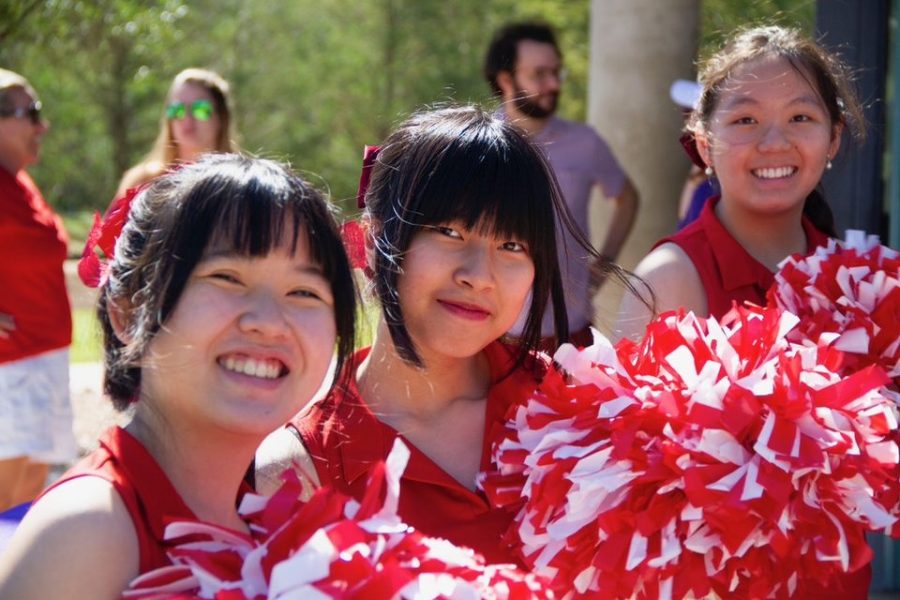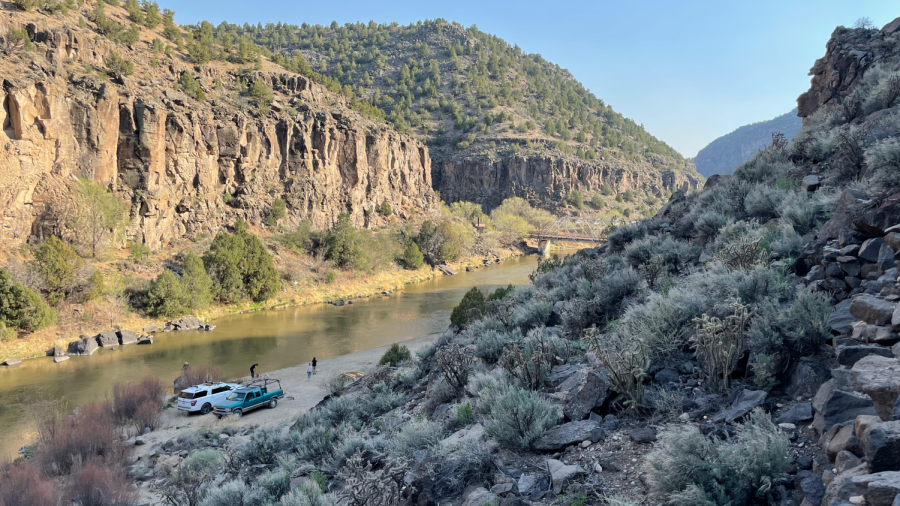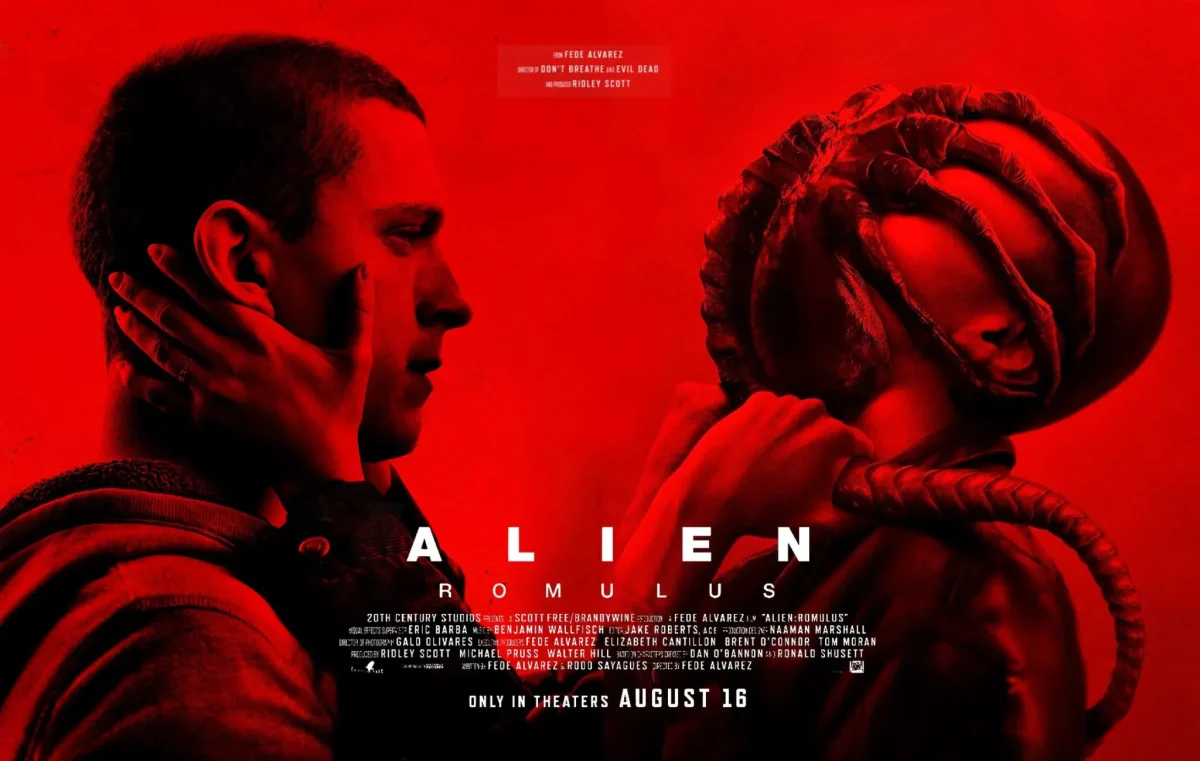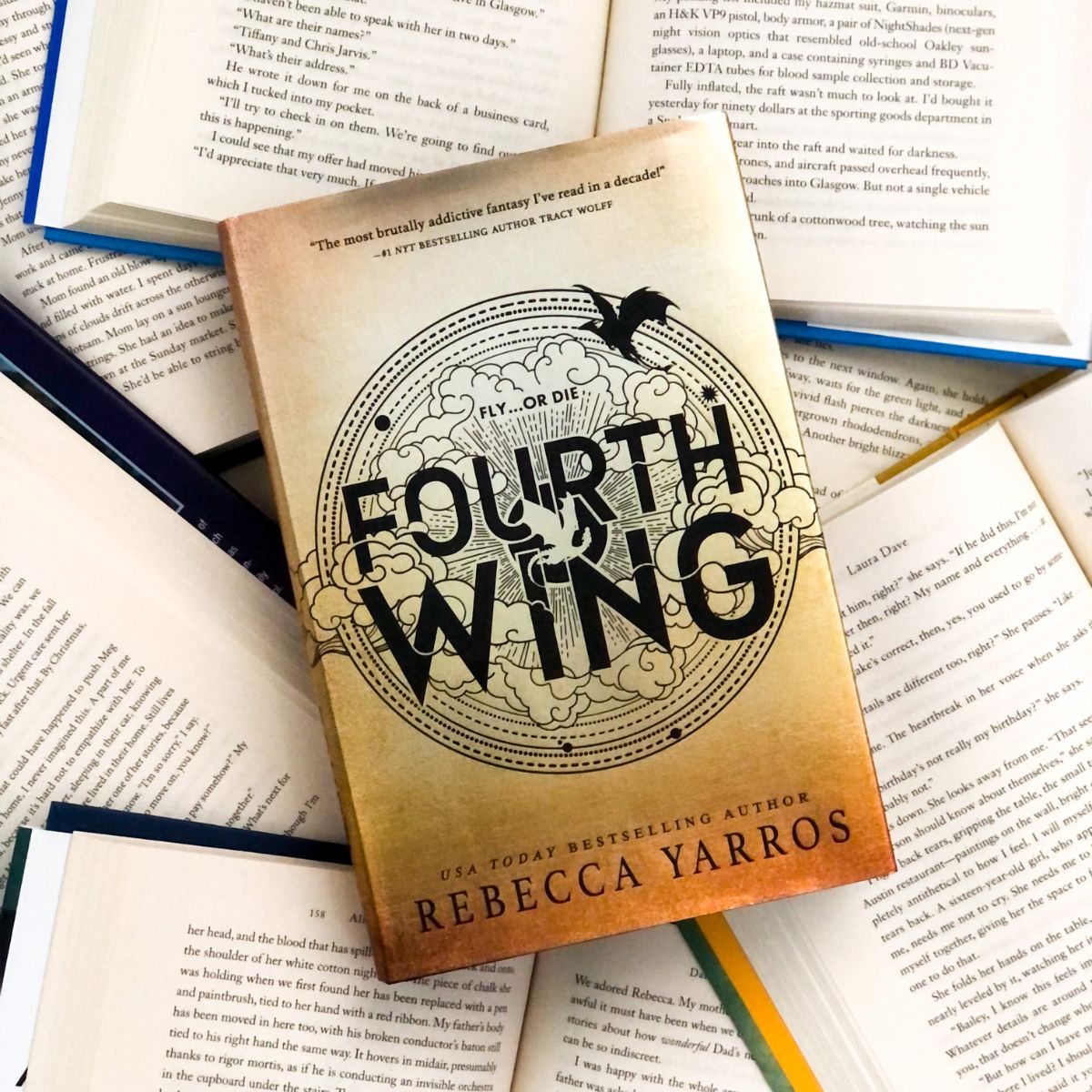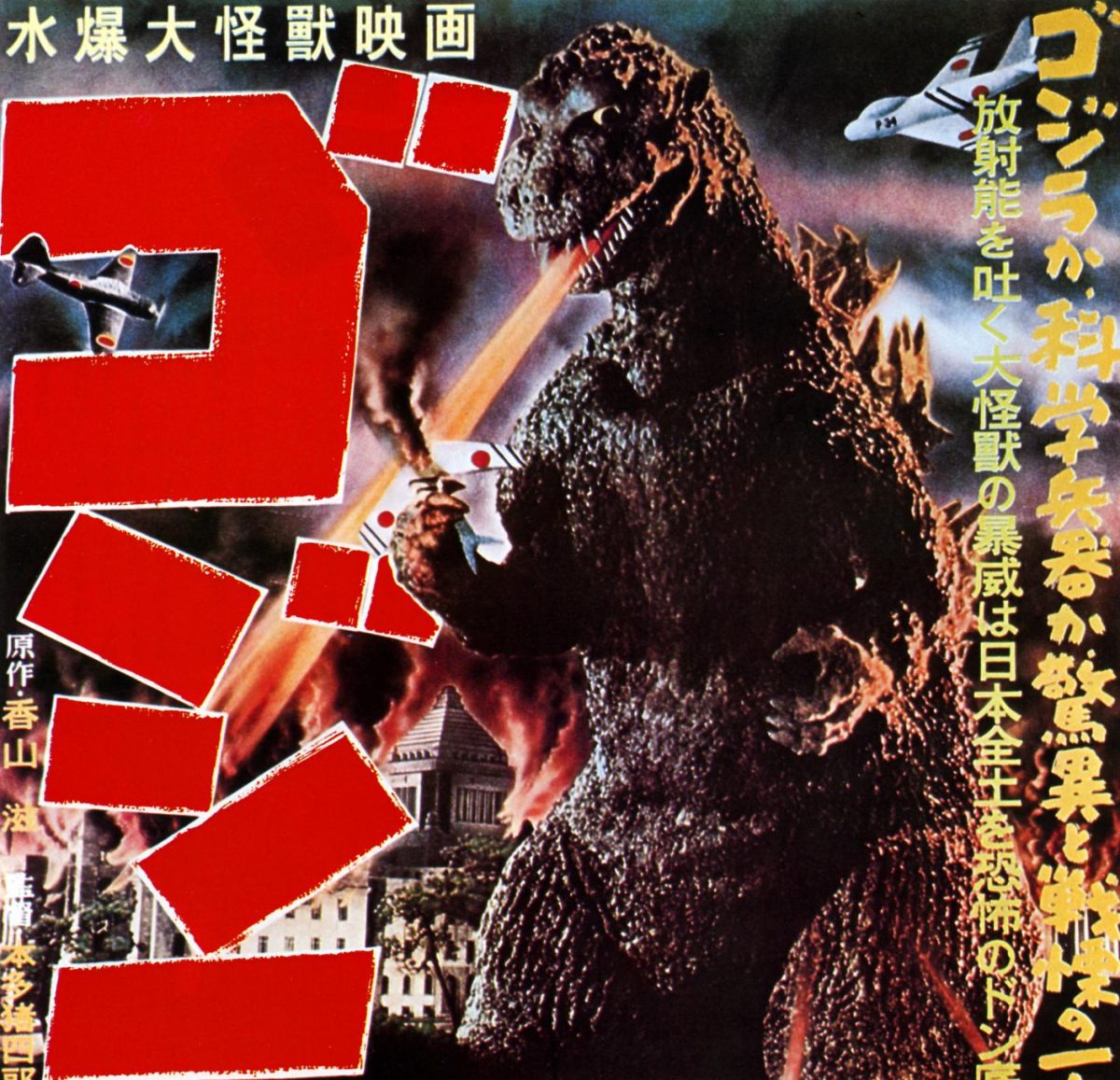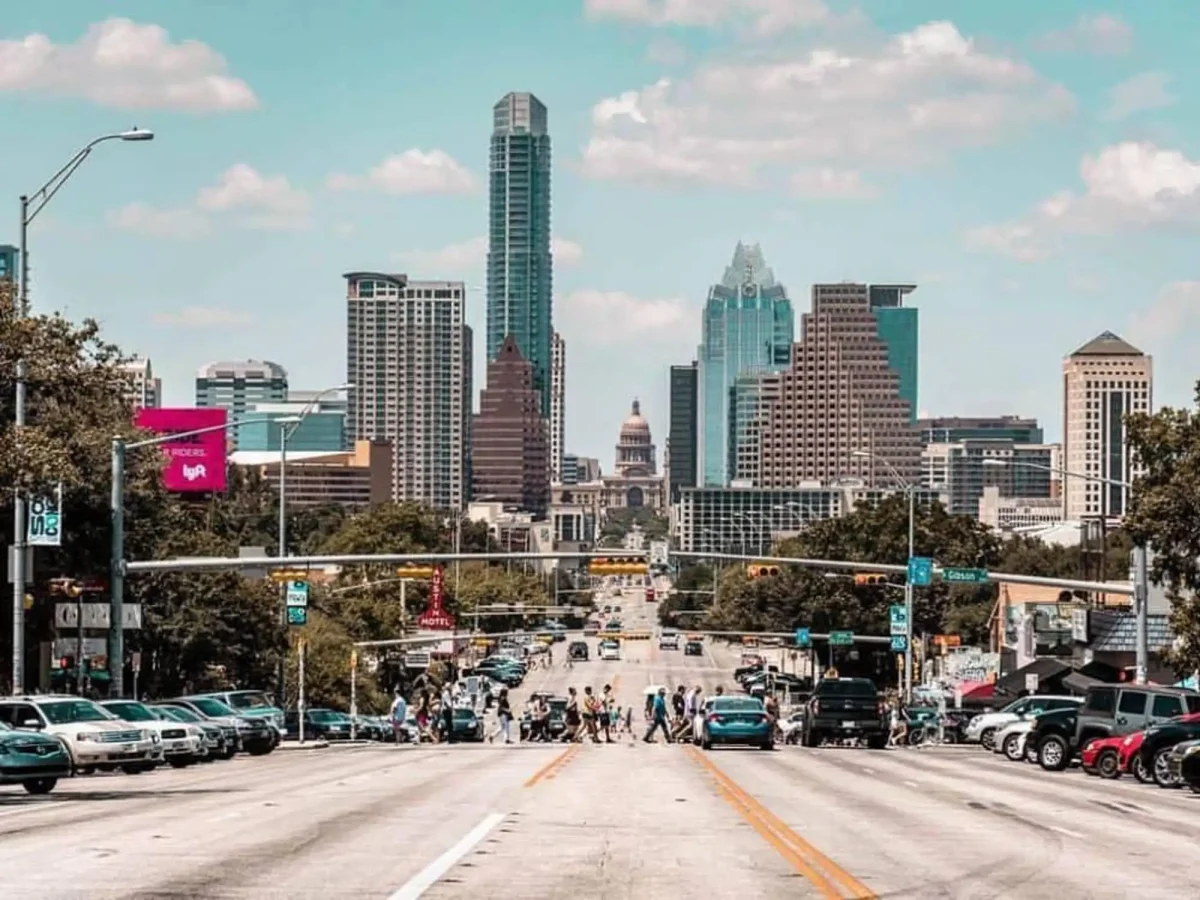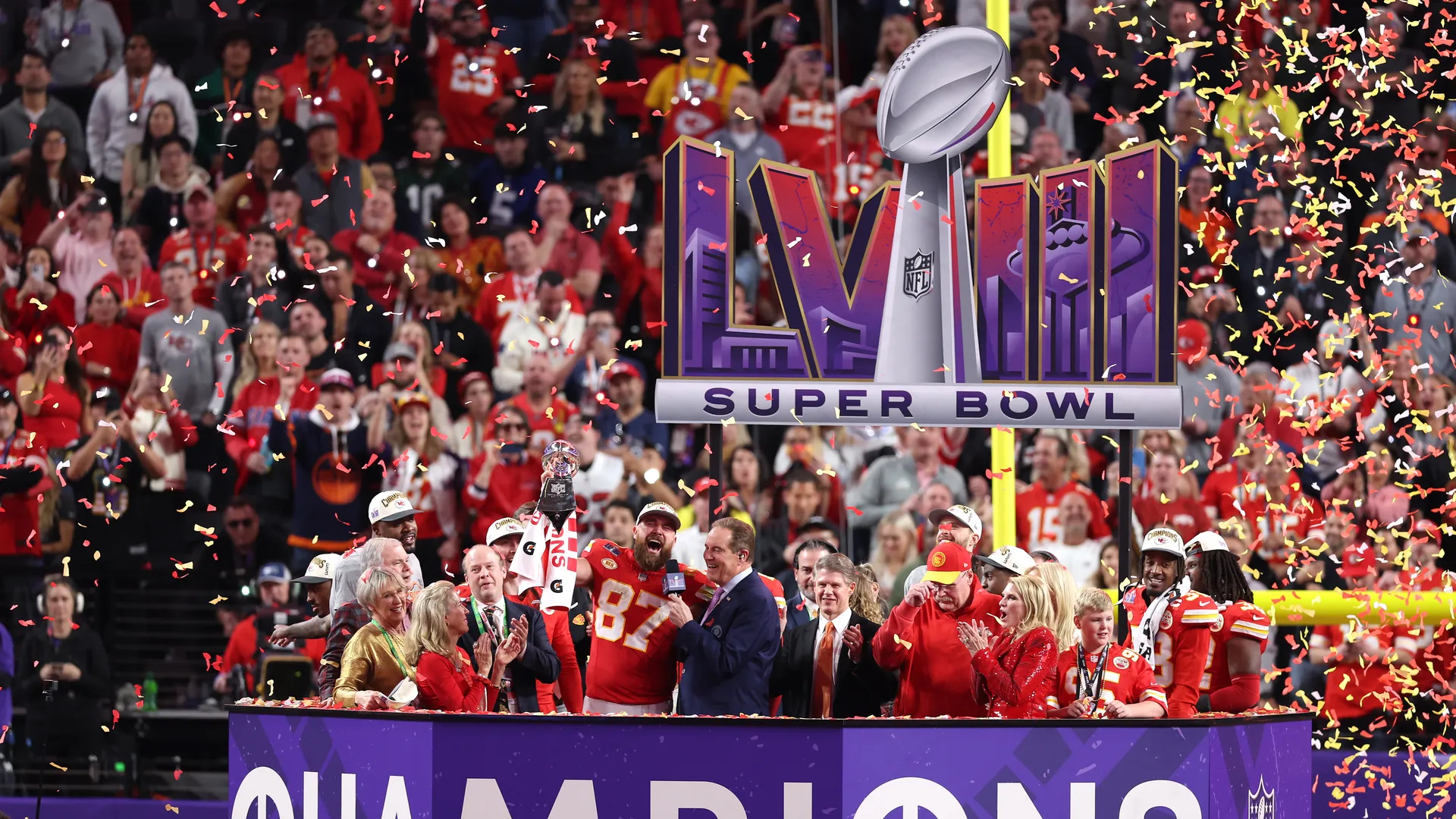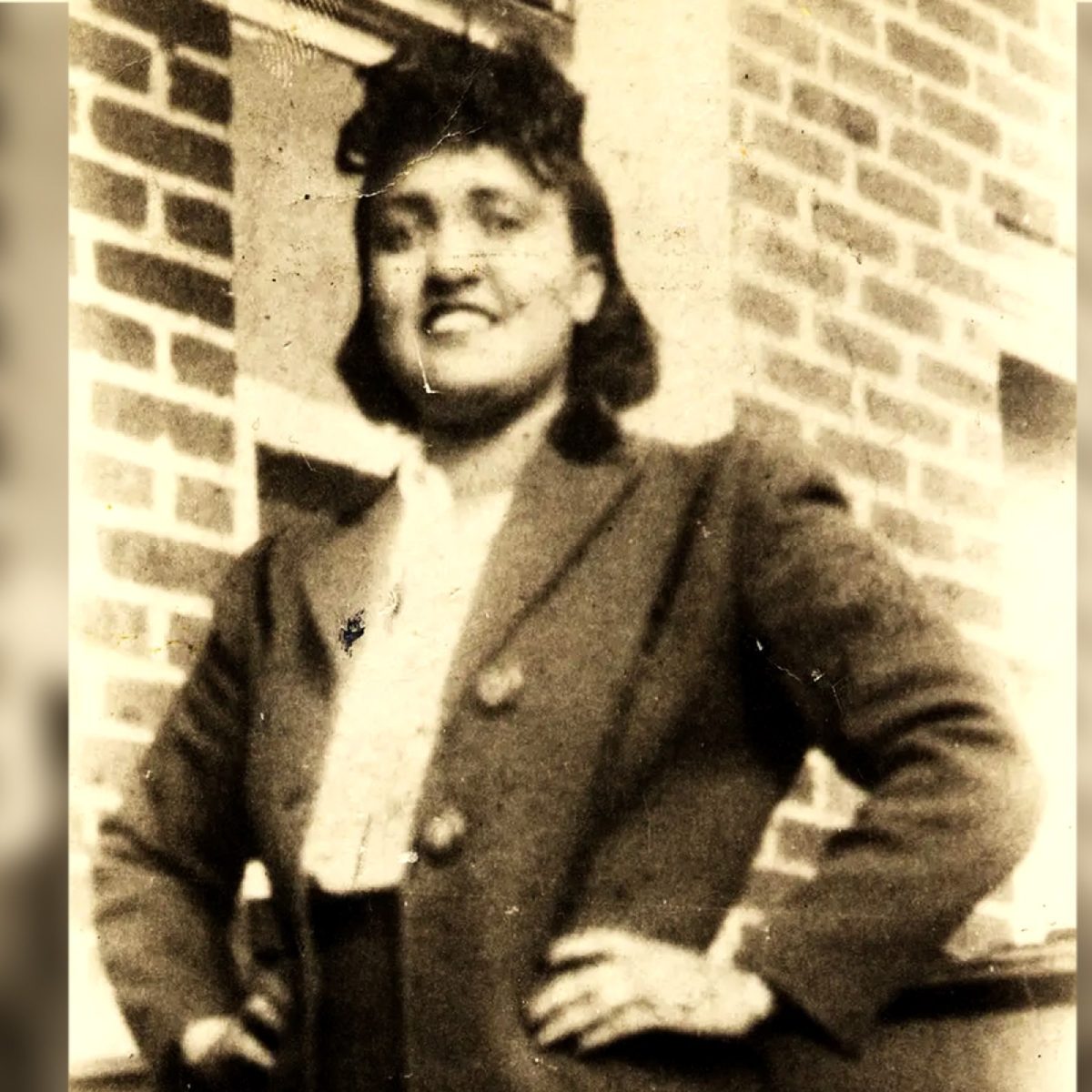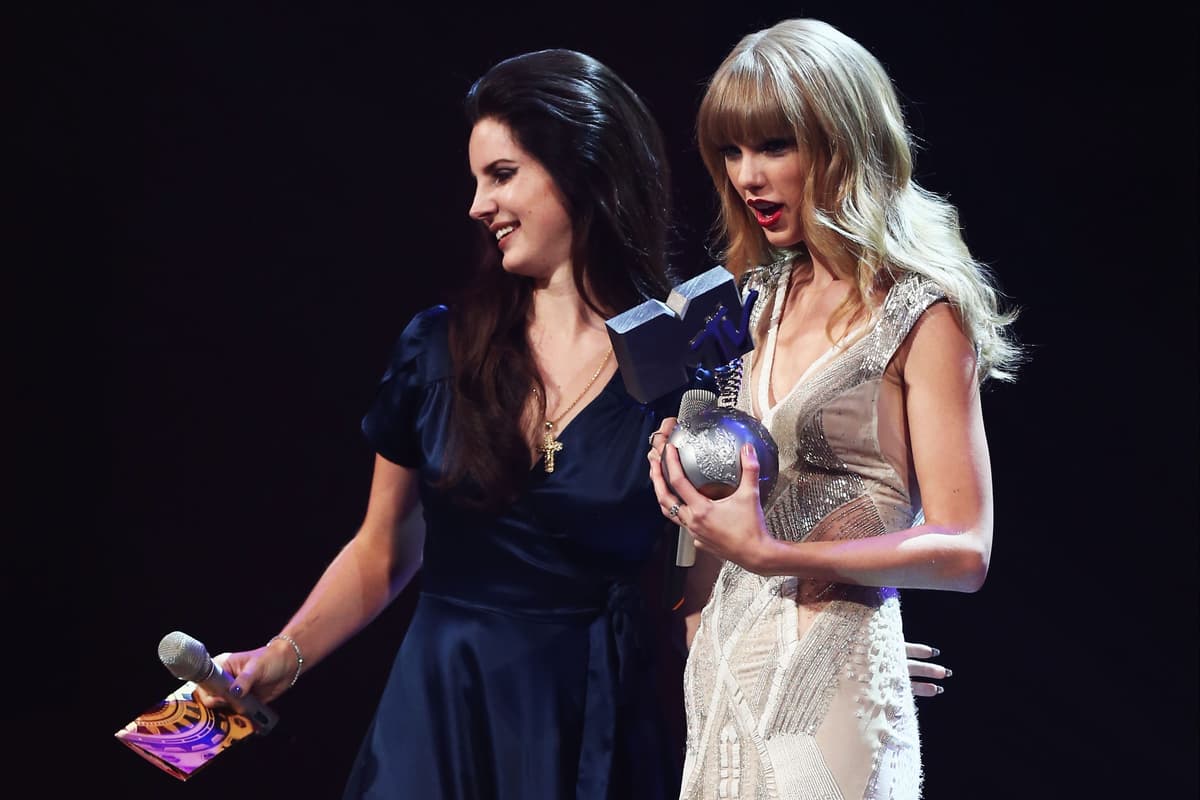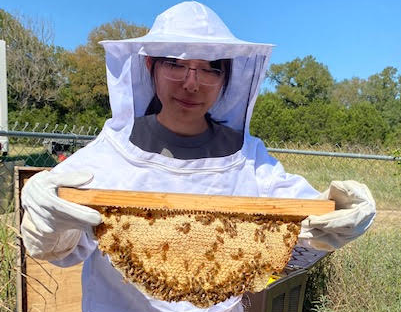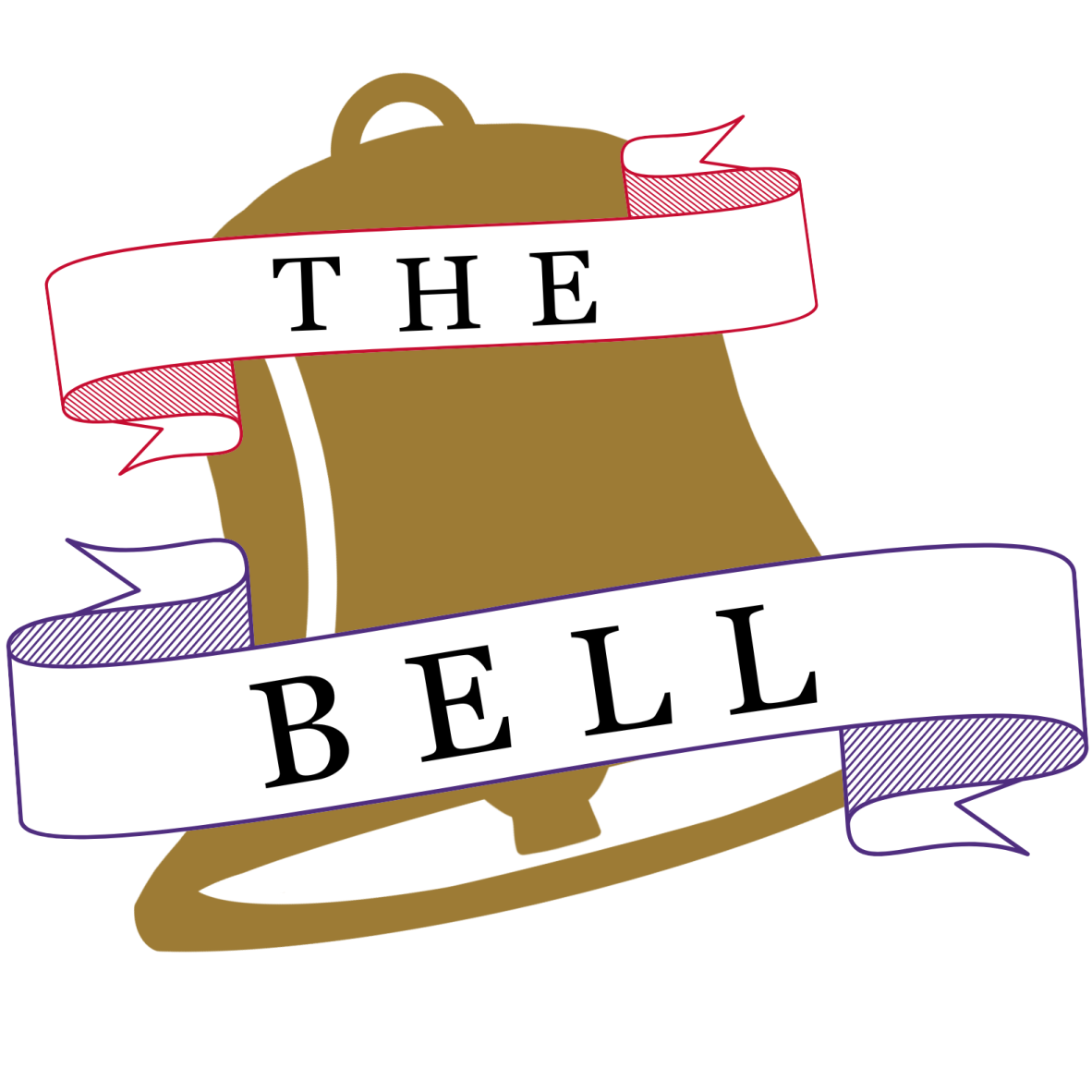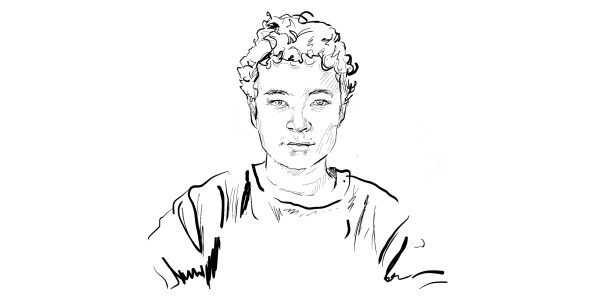How did you end up here, in Austin, at St. Stephen’s?
The FBI and CIA were looking for me in Connecticut. (Just kidding.) I originally came to Austin in 1978 before moving to Connecticut to teach. My wife wanted to come back to Texas after a job became available at our school, and they were silly enough to hire me.
What initially made you want to pursue science?
When I was a little kid, there was the space race and atomic bombs were going off in the desert; science was new and exciting. Living in a poor neighborhood, though, I didn’t have much opportunity to explore my interest in science. My high school didn’t encourage me to pursue science much either – my favorite class in high school ended up being Latin.
Going into college, I decided to major in Greek and ancient history because of my love for Latin and my father’s love for history. Once in college, though, there was a science requirement so I decided to take geology and astronomy, which revived my interest in science.
Do you have a favorite moment or experience from your teaching career?
There isn’t a favorite moment, but it might happen tomorrow. As Einstein once said, “I don’t worry about the future because I’m so happy living in the present.” I don’t look at the past either: tomorrow is gonna be the best moment yet.
What exactly were you doing at the 1968 Democratic National Convention?
There was a really cute girl and she said, “Frank, you should get involved in politics,” and so I did. She was going to the Democratic National Convention in Chicago to protest, and she invited me along. When I told my dad I was getting into politics, my father said “what’s her name” – my dad knew I was just going because of a girl. I was standing on the street outside of the Convention, when 50-60 yards ahead there seemed to be commotion. Soon there was tear gas, screams, and confusion. Cops were beating people in the street. I was wondering what the heck was going on – but before I could process anything they were on me. I was grabbed by my jacket and hit on the head. I still have the bump to this day.
I was then locked in a nearby park and I met a man – we’ll call him Zeke. Zeke was on drugs and he was trying to cut the fence with a hacksaw, however he kept passing out in the middle of the night. Finally, sometime around 5 or 6 am, they let me out and told me to leave and never come back to Chicago.
Did you really see the holy grail that is Einstein’s toilet?
While my wife and I were in Princeton, New Jersey, we visited Einstein’s house. When we arrived, the house was engulfed in construction work…turns out, someone had bought the land and decided to remodel. While the construction workers were distracted eating their lunches, I saw that there was a pile of Einstein’s stuff. Amid the pile stood Einstein’s toilet. I desperately wanted to sneak inside and snatch the toilet, but my wife talked me out of it. She said “no, you’ll get arrested again.” I eventually decided to leave the toilet there, and it ended up being one of my biggest regrets in life.
Do you have any advice?
Just play it by ear and live your life. The only thing you have control over is the present and so experience life – travel, do things etc.
Why should students take a notebook class instead of a test-based class?
Because they’re learning lessons for life. In life, you’ll have to produce things that are evidence of your work, and if you learn that now it’ll be helpful later on. Also, you won’t remember what was on a test and they don’t give out tests in life.
What is the value in taking science classes for students that are more interested in the arts and humanities, rather than STEM?
Take a lesson from my own life: I was interested in Latin, Greek, and history, and I took science classes and found that it was more interesting. You never know what you’ll like. I also think that if you’re a science student you should take an art class.
What’s your teaching philosophy?
What is fundamental to learning is the first three letters of fundamental – fun. I’ve been successful as a teacher [by emphasizing that] learning something new is fun. Unfortunately, so many other people think that it’s what’s in the book or what’s on the test that’s important.
Money doesn’t cut it in the long run – do something you really have a passion about. You should follow your passion but understand the consequences; if you major in art you won’t have a Porsche, but you’ll be doing what you love, and people will recognize your passion and buy your paintings. They did a questionnaire in old people’s homes, and 98% of people said they wouldn’t do what they did again. Because even though they had the money and the career, it wasn’t worthwhile to them. However, if you’re in a job that makes a lot of money and you enjoy it, then do it and help fund the new science center at St. Stephen’s!

